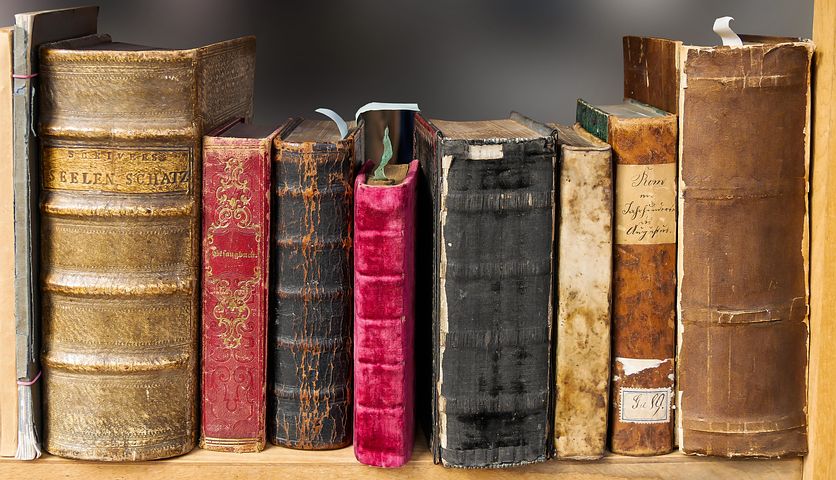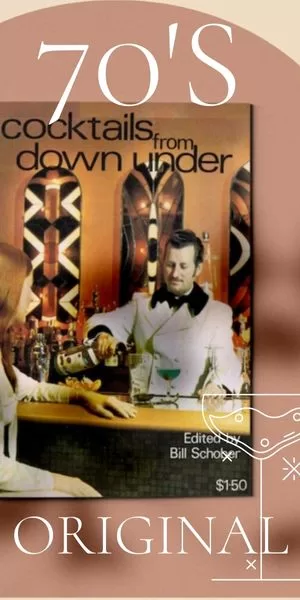His tours throughout Europe and America made him the most famous pianist of his time. Few of his many compositions are played today.
Rubinstein was born to Jewish Parents in the Village of Vikhvatinets in the district of Podoisk, in Russia on the 28 November 1829. Before he was 5 years old, his paternal grandfather ordered all members of the family convert from Judaism to Russian Orthodoxy. Even though he would be raised a Christian, he would later become an atheist.
His father owned a pencil factory in Moscow and his mother a competent musician, focused on teaching her son piano a the age of five. He would later perform for Alexander Villoing, who would later take the boy under his wing as a non-paying student.
At the age of 10, he made his first public appearance at a charity benefit concert in Moscow. Later that same year, his mother sent him to Paris with Villoing to see if he would be accepted at the Paris Conservatoire. He was unsuccessful, though chose to stay on with Villoing for a year.
Upon his return, his mother was determined to further both the musical careers of Anton and his younger brother Nikolai, however money was tight. She then allowed Villoing to once again take Rubinstein on tour, this time around Russia. Anton was 14 and Nikolai 8 when they were sent to Saint Petersburg to play for Tsar Nicholas I and the Imperial family at the Winter Palace.
Whilst still a child, he traveled through Europe. Audiences everywhere received his performance with enthusiasm.
In the spring of 1844, Rubinstein, his brother, sister Luba and mother travelled to Berlin, where they met up with Felix Mendelssohn who had heard Rubinstein play when he toured there previously. He told his mother he needed no further instruction with piano study, but needed more work on composition and theory. Both boys were then directed to work with Siegfried Dehn.
In 1846, the family got word that his father was gravely ill, so leaving Rubinstein behind, his mother and siblings returned to Russia. He continued his studies, first with Dehn and then Adolf Bernard Marx. He was now 17 years old and could no longer pass as a child prodigy.
Rubinstein sought out Liszt in Vienna, hoping he would accept him as his pupil, but he turned his back on him. After an unsuccessful year in Vienna and a concert tour in Hungary, Rubinstein returned to Berlin and continued giving piano lessons to students.
Two years later and the revolution forced Him back to Saint. Petersburg (now Leningrad). Here he taught, gave the occasional concert and performed frequently for the Imperial Court.
There the Grand Duchess Helen became his patroness and gave him many opportunities to be heard in public.
By 1852, he had become a leading figure in Saint Petersburg’s musical life, performing as a soloist and collaborating with some of the outstanding instrumentalists and vocalists who came to the Russian capital.
It was partly due to his lack of success on the Russian opera stage that led Rubinstein to consider going abroad once more to secure his reputation as a serious artist.
In 1854 Rubinstein began a four-year concert tour of Europe. This was his first major concert tour in a decade.
In 1858, he became court pianist and concert conductor. The following year, he became director of the Royal Russian Musical Society, and four years later, he founded the St. Petersburg Conservatory. Rubinstein not only founded it and was its first director but also recruited an imposing pool of talent for its faculty. He served as its director until 1867, and again from 1887 – 1890.
It was during this period that Rubinstein drew his greatest success as a composer, beginning with his Fourth Piano Concerto in 1864 and culminating with his opera The Demon in 1871.
Rubinstein wrote of his American experience,
“May Heaven preserve us from such slavery! Under these conditions there is no chance for art—one simply grows into an automaton, performing mechanical work; no dignity remains to the artist; he is lost…. The receipts and the success were invariably gratifying, but it was all so tedious that I began to despise myself and my art. So profound was my dissatisfaction that when several years later I was asked to repeat my American tour, I refused pointblank…”
Despite his misery, Rubinstein made enough money from his American tour to give him financial security for the rest of his life. Upon his return to Russia, he “hastened to invest in real estate”, purchasing a dacha in Peterhof, not far from Saint Petersburg, for himself and his family.
In his later life, Rubinstein continued to tour as a pianist and give performances as a conductor.
In 1887, he returned to the Conservatory in Saint Petersburg with the intent of improving overall standards. He removed inferior students, fired or demoted many of the professors and made entrance and examination requirements more stringent and revised the curriculum.
He eventually resigned again in 1891 and left Russia. He re-settled in Dresden and once again began touring in Germany and Austria. Nearly all of these performances were for charity benefits.
Rubinstein coached a few pianists, but focused on one particular student Josef Hofmann. Hofmann would later become one of the finest keyboard artists of the 20th century.
Despite his sentiments on ethnic politics in Russia, Rubinstein returned there occasionally to visit friends and family. He gave his final concert in Saint Petersburg on January 14, 1894. With his health failing rapidly, Rubinstein moved back to Peterhof in the summer of 1894. He died there on November 20 of that year, having suffered from heart disease for some time.
The former Troitskaya street in Saint Petersburg where he lived is now named after him.


